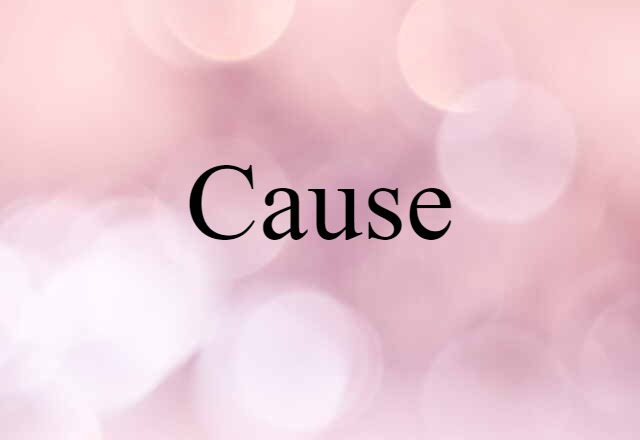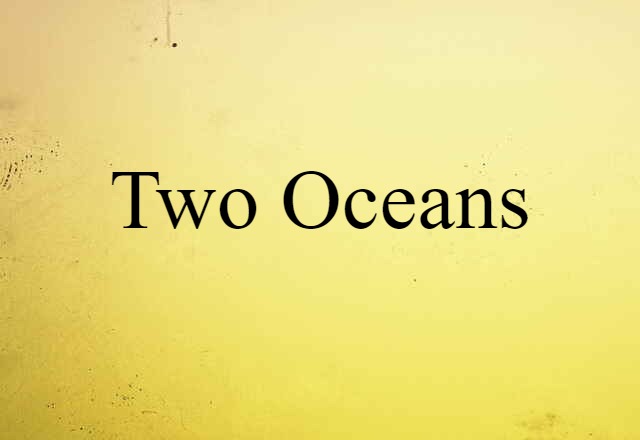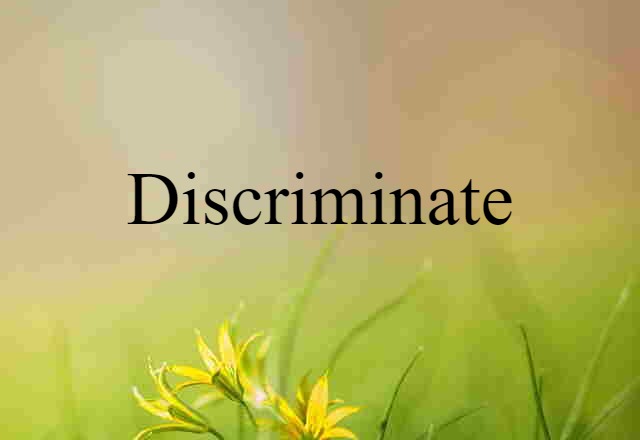- a person or thing that acts, happens, or exists in such a way that some specific thing happens as a result; the producer of an effect: You have been the cause of much anxiety.What was the cause of the accident?
- the reason or motive for some human action: The good news was a cause for rejoicing.
- good or sufficient reason: to complain without cause;to be dismissed for cause.
- Law.
- a ground of legal action; the matter over which a person goes to law.
- a case for judicial decision.
- any subject of discussion or debate.
- a principle, ideal, goal, or movement to which a person or group is dedicated: the Socialist cause;the human rights cause.
- the welfare of a person or group, seen as a subject of concern: support for the cause of the American Indian.
- Philosophy.
- the end or purpose for which a thing is done or produced.
- any of the four things necessary for the movement or the coming into being of a thing, namely a material (material cause ), something to act upon it (efficient cause ), a form taken by the movement or development (formal cause ), and a goal or purpose (final cause ).
- to be the cause of; bring about.
- to unite in a joint effort; work together for the same end: They made common cause with neighboring countries and succeeded in reducing tariffs.
- a shortened form of because.
- a person, thing, event, state, or action that produces an effect
- grounds for action; motive; justification
- the ideals, etc, of a group or movement
- the welfare or interests of a person or group in a dispute
- a matter of widespread concern or importance
- a ground for legal action; matter giving rise to a lawsuit
- the lawsuit itself
- (in the philosophy of Aristotle) any of four requirements for a thing's coming to be, namely material (material cause), its nature (formal cause), an agent (efficient cause), and a purpose (final cause)
- to join with (a person, group, etc) for a common objective
- to be the cause of; bring about; precipitate; be the reason for
















